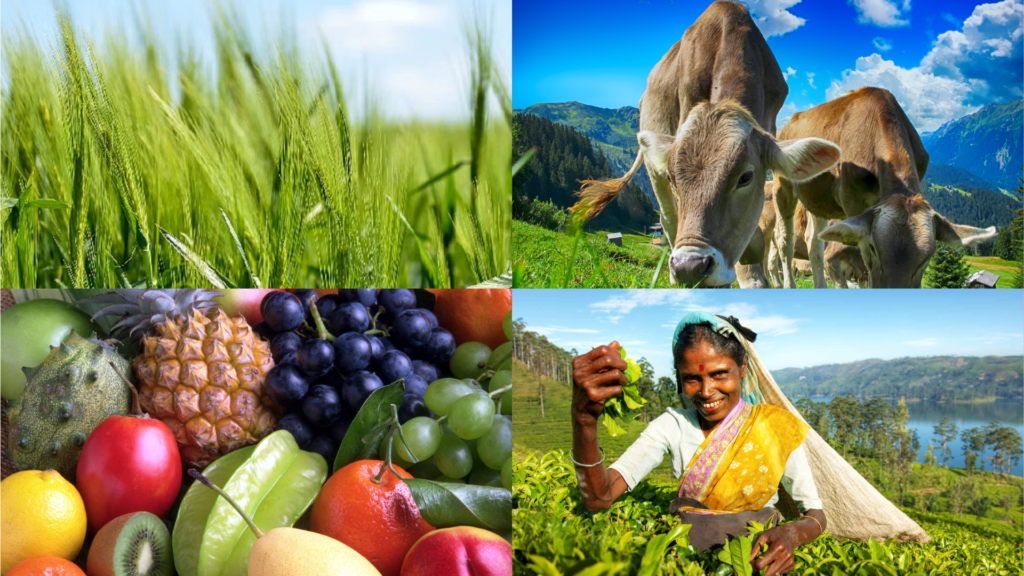Agriculture is an important sector that rotates the global economy and fulfills the needs of global citizens by having seamless access to nutritious, safe, and sufficient food to achieve a healthy and active lifestyle. But, it is also one of the major contributors to greenhouse gas emissions posing a new threat to the global food system amid the rising climate crisis.
In recent decades, climate change has greatly affected the agricultural sector having a direct impact on creating food insecurity and natural resource scarcity. Rising temperature impacts ecosystem balance, weather patterns, and events leading to natural disasters, drought, and floods. The progress made so far against fighting hunger and malnutrition might slow down due to the rising temperature over the years. According to the Intergovernmental Panel on Climate Change (IPCC) report, major risks like loss of marine, coastal biosphere, terrestrial, and inland water biosphere-related sources of income impact the global food supply chain.
World Bank reveals that the total number of people affected by global acute food insecurity in 2019 increased from 135 million in 52 countries to 345 million in 82 countries in 2022 due to the disturbed supply chain caused by the Ukraine war and post-economic fallouts due to COVID-19 pandemic. To counter the food insecurity challenges due to climate change several methods are proposed and implemented that can enhance agricultural production methodology and develop alternate food sources.
In this regard, COP28 has come up with a transformational roadmap to pave the way for sustainable agriculture to respond to such threats globally. It is highlighted sustainable agriculture as the only practical way to develop resilient food systems globally to strengthen climate action. Adapting sustainable farming practices, educating about food insecurity and its consequences globally followed by food preservation methods, and building robust food storage facilities to withstand harsh weather needs to be prioritized.
Besides this, Minimizing crop harm with an effective water management system, establishing a robust financial framework supporting farmers, and funding R&D related to climate-resilient food production by utilizing the latest technology to forecast warnings can help to counter the climate change-induced challenges and address food security for future generations.

